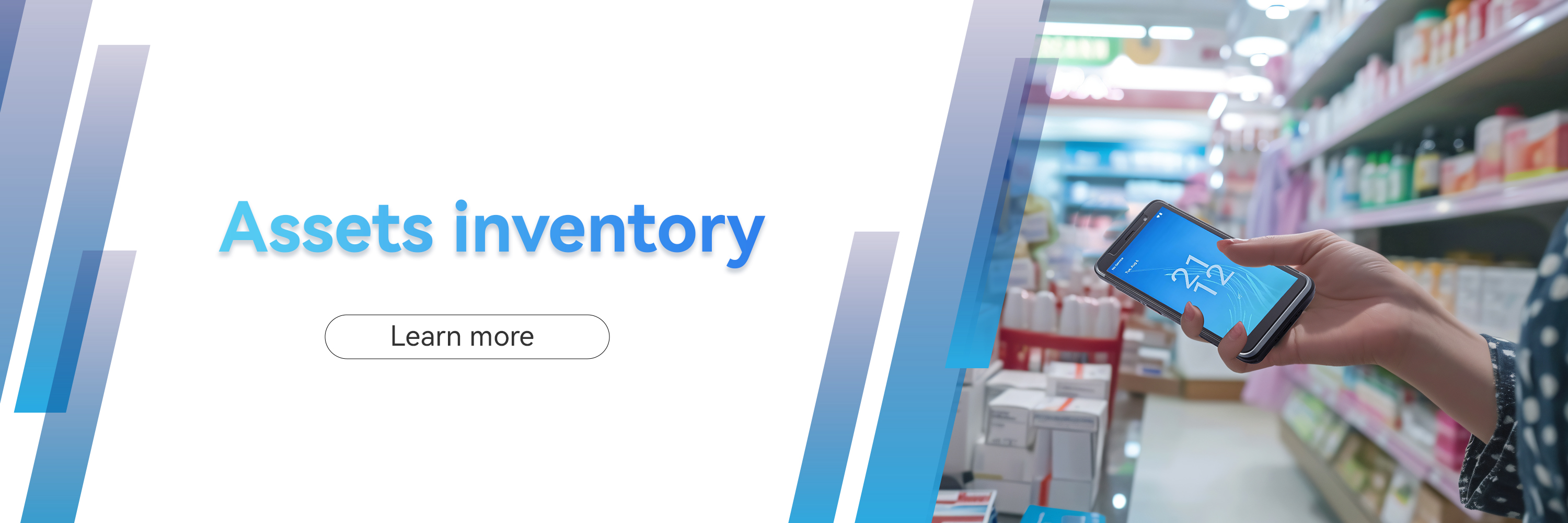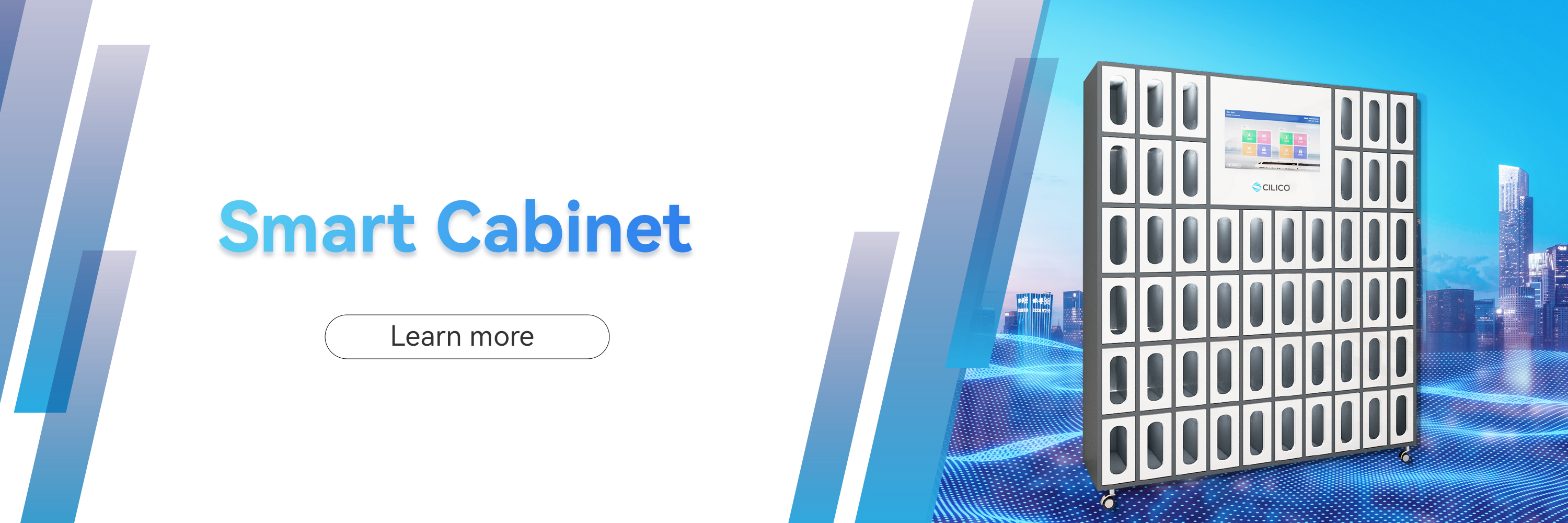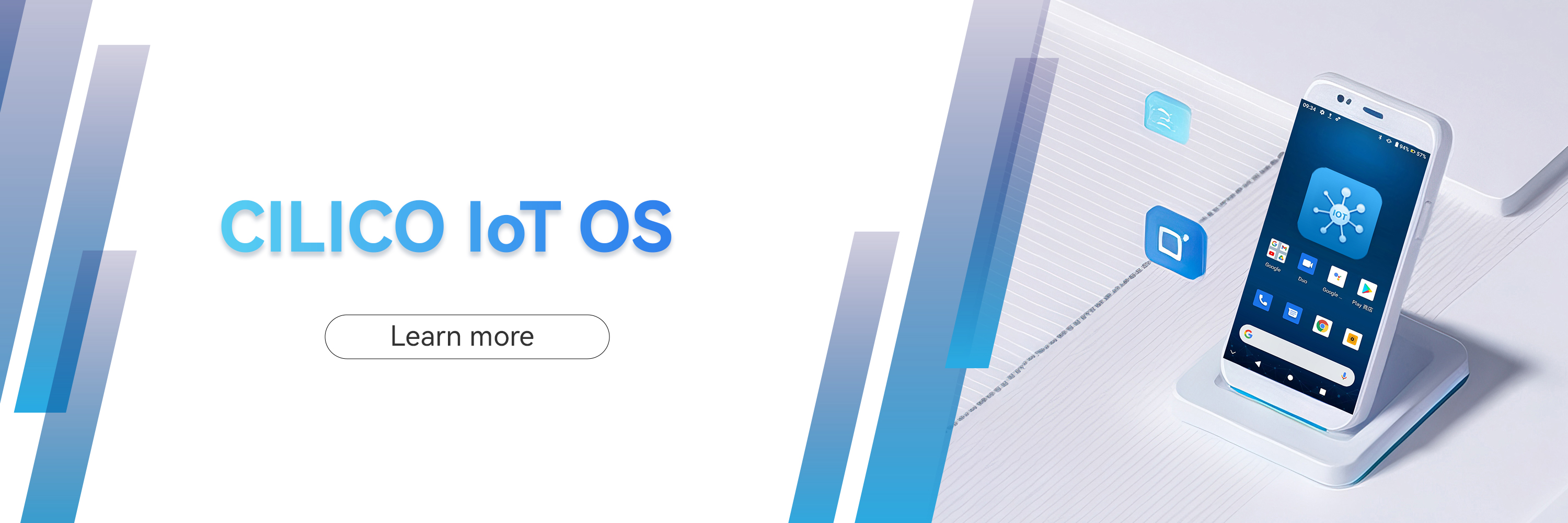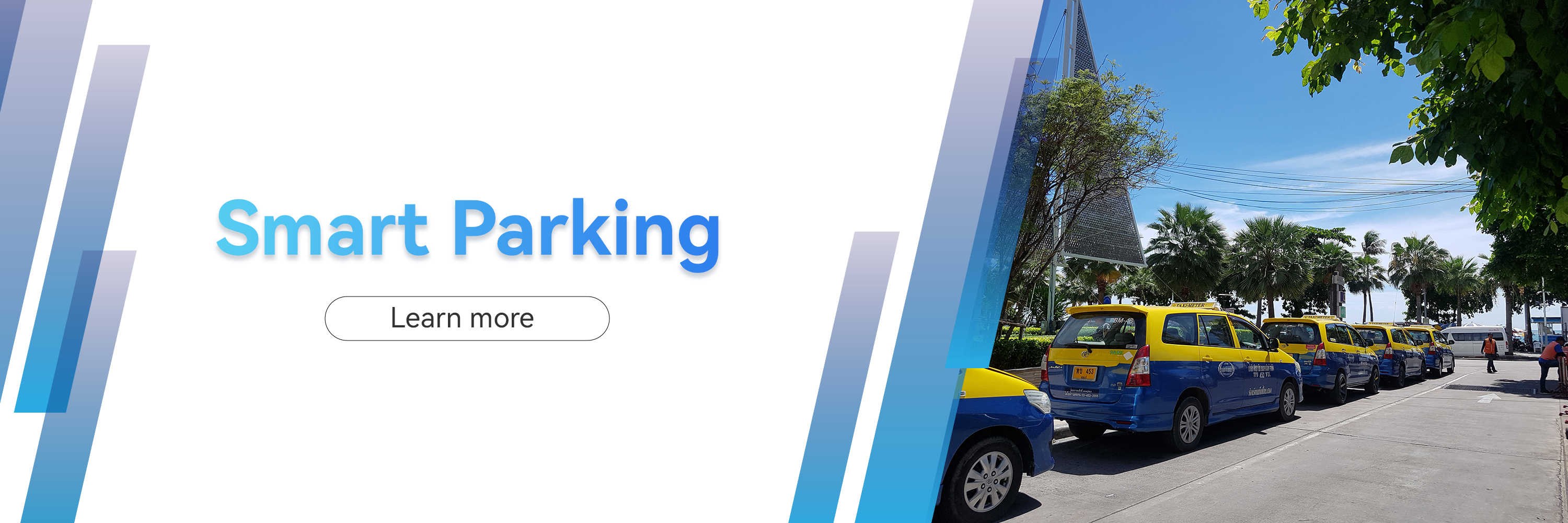Through data collection and screening in medical and healthcare settings, we can improve medical quality, ensure patient safety, enhance the work efficiency of medical staff, and improve the patient experience and satisfaction.
Background Introduction
With the development of global information technology, Internet-based healthcare has gradually expanded worldwide. According to data, since the launch of the mobile application pilot project in 2012, 17.5% of tertiary hospitals nationwide have deployed mobile applications. In the next two years, 20.3% of tertiary hospitals plan to deploy mobile applications.
Dedicated mobile handheld computer are used as timely and efficient data collection terminals. Barcode recognition and RFID technology are applied to patient wristbands, drug labels, specimen labels, etc. The PDA scans the label information to quickly and accurately complete tasks such as admission and discharge, clinical treatment, inspections, surgery, and first aid. This enables closed-loop management of doctor's order execution, improving nursing safety.
Healthcare Barcode Scanner Solution Overview
Cilico is the proposer and pioneer of the concept of PDAs for mobile nursing. It is also the first PDA manufacturer in the industry to integrate barcode scanning, UHF RFID, NFC, and other data collection functions. One device can perform multiple data collection tasks, helping hospitals achieve paperless and intelligent management. This innovation solves the industry problem of manual information processing in the last "50 meters" from the nurse to the patient's bedside. Cilico's products have been used in over 500 professional medical institutions across 75 countries and regions, earning widespread trust and praise from customers.
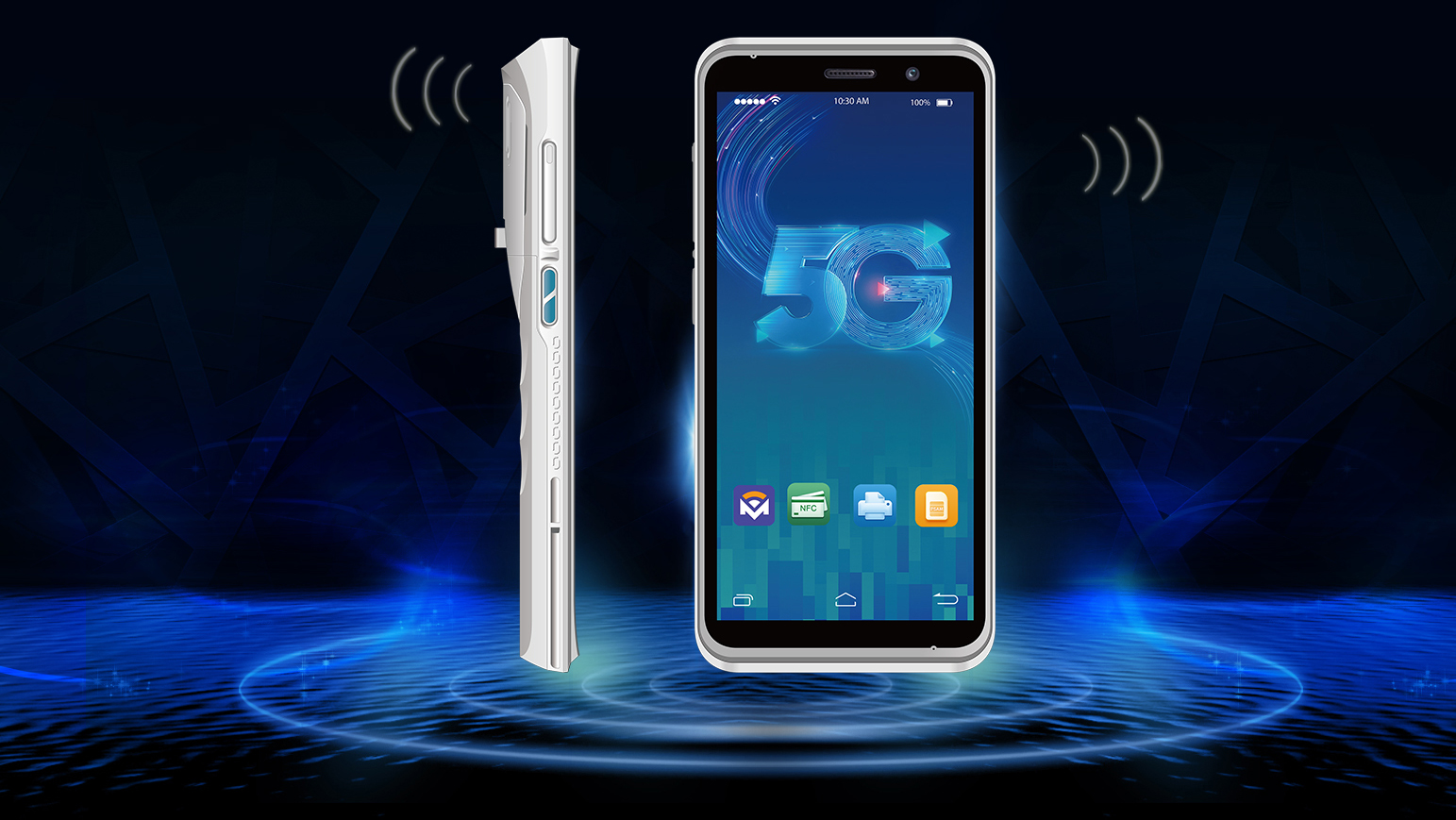
Mobile Handheld Computer Application Scenarios
1. Mobile Nursing Work
Mobile nursing extends electronic medical records from desktop computers to mobile devices, shifting from fixed nurse stations to mobile nurse stations. The main users are nurses, and the application scenarios include the execution of doctor's orders (three checks and seven rights) and the collection of vital signs. Using barcode and RFID wristbands, the PDA helps medical staff improve work efficiency and ensures that patient care meets security and privacy protection needs.
Product Advantages:
Cilico's Mobile Handheld Computer integrates barcode scanning and electronic label reading functions into one device, meeting various data collection needs. Its open interface design supports all global mobile nursing software, reducing hospital equipment testing costs.
2. Static Distribution Center
Working Scenario:
PIVAS (Pharmacy Intravenous Admixture Service) is a medical institution established according to international standards, integrating clinical pharmacy and scientific research. It is staffed by trained pharmacy technicians who prepare intravenous nutrient solutions, cytotoxic drugs, and antibiotics in a controlled environment. Handheld PDAs are used to collect barcodes from doctor's order documents, check liquid configurations, and manage warehouse in-and-out operations. The primary users are pharmacists.
Product Advantages:
In static distribution centers, the high-frequency barcode scanning demands require PDAs with exceptional scanning performance, faster processing, and stronger code recognition capabilities.
3. Medical Waste Management
Working Scenario:
Using RFID technology, information is collected at every stage of medical waste treatment. An intelligent management system provides real-time supervision and tracking of medical waste, ensuring the process is traceable and compliant with closed-loop regulation.
Product Advantages:
The CM550X Android intelligent printing terminal integrates RFID information collection, processing, and label printing, and has been widely used in the intelligent management of medical waste.
4. Personnel Management
Baby Theft Management:
The baby anti-theft system uses RFID tags worn by both the baby and mother to monitor the baby’s status. If the baby is removed from the ward without authorization, the system triggers an alarm, providing a strong security guarantee during the baby’s hospitalization and improving hospital service quality.
Check-In/Check-Out:
When a baby needs to leave the ward for bathing, emergency care, or other reasons, the check-out operation must be performed through the handheld terminal, and authorization must be obtained. Otherwise, an alarm will sound. Upon return, the system will automatically register check-in.
Baby Care Records:
During care, nursing staff can scan the wristbands of mothers and babies using the mobile nursing handheld terminal to document nursing operations. The system records all bedside nursing services and can also automatically log inspection records through staff identification tags.
Restricted Area Management:
When personnel need to leave a restricted area, they must perform the check-out operation through the handheld terminal and obtain authorization. Otherwise, an alarm will sound.
Caregiver Management: Nursing Records
During care, nursing staff can scan wristbands using the mobile nursing handheld terminal to document nursing operations. The system records all bedside nursing services and can automatically log inspection records through staff identification tags.
5. Service Management
RFID Hospital Quilt Management:
RFID electronic tags are attached to hospital uniforms, patient garments, bedding, sheets, etc. RFID tabletop, handheld, and fixed readers are used to automatically manage various processes such as quilt registration, inventory, collection, recycling, status query, tracking, and automatic sorting. This intelligent management approach helps hospitals manage quilts more effectively.
Program Value:
- Effective control of nosocomial infections
- Significant reduction in suit loss rates
- Time-saving during handovers, optimizing the distribution process, and reducing resource costs
- Reduction in quilt backlogs within departments
- Providing a management basis for multi-dimensional data statistical reports.

